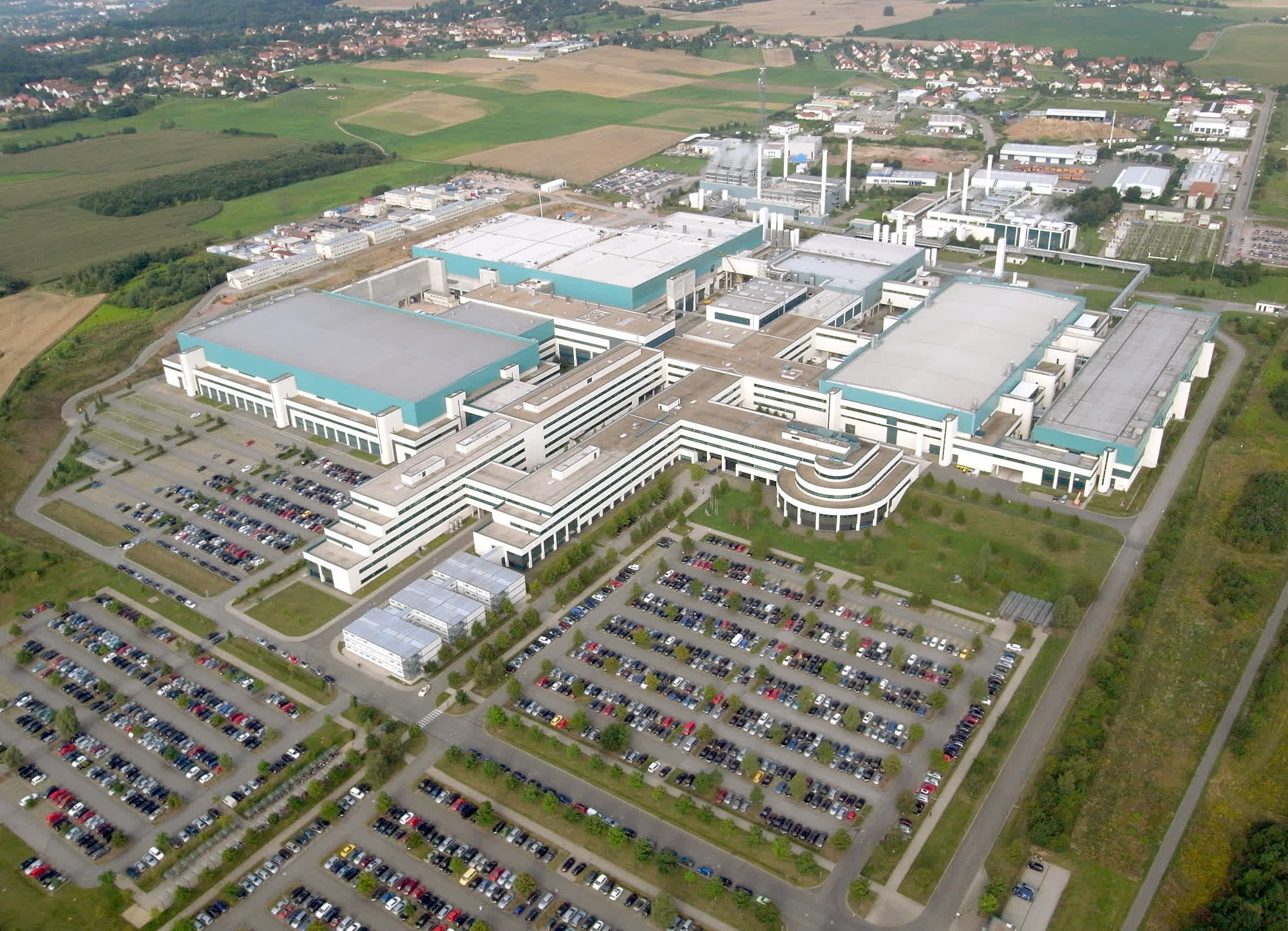A hot potato: Germany's Federal Constitutional Court recently ruled that the government's decision to reallocate €60 billion of unused funds from pandemic support to the Climate and Transformation Fund in 2022 was unconstitutional. Plans will need to be reshuffled, and the planned subsidies for Intel, TSMC, and other chip companies could disappear overnight.
The German government aimed to finance the green transition with €60 billion reallocated from unused funds from the Covid-19 pandemic. However, the country's highest court deemed this reallocation measure unconstitutional, as it violated a constitutional provision capping the government's borrowing capacity. Consequently, Germany now faces an outstanding €60 billion deficit in its budget.
Germany is the largest economy and industrial manufacturing nation in Europe, but the decision by the Constitutional Court has essentially removed €60 billion from the government plan to strengthen the country's transition to a greener, more sustainable economy. Berlin authorities have now two choices: they can either find "other means" to make up for the missing funds, or they will be forced to cut some planned allocations within the aforementioned green transition in the state's draft budget for 2024.
The court's ruling is expected to impact subsidies earmarked for new chip manufacturing plants planned by major industry players in Germany. Berlin had committed €10 billion to support Intel's proposed wafer fabrication facility in Magdeburg, located in the state of Saxony-Anhalt. The total investment for this project amounts to €30 billion, meaning that federal funds would cover a significant portion of the overall building cost.

In August, Taiwanese chip foundry TSMC announced a new chip manufacturing venture outside the city of Dresden, collaborating with European chip companies NXP, Infineon, and Bosch. The overall cost for this venture is expected to be €10 billion, with subsidies covering approximately half of that amount.
Michael Kellner, Germany's State Secretary for Economic Affairs, highlights that the absence of previously allocated green transition funds puts both new chip manufacturing ventures at risk. The coalition government, led by Chancellor Olaf Scholz, had also intended to revitalize the solar industry in East Germany using the now-vanished funds.
When questioned about Germany's budget cuts and the future of their European investments, Intel and TSMC have not provided any comments thus far. The Bundestag, Germany's federal parliament, is facing an unprecedented crisis, leading to the suspension of all budget decisions. The government is now contemplating an extreme solution, such as incurring additional debt to compensate for the missing funds.
